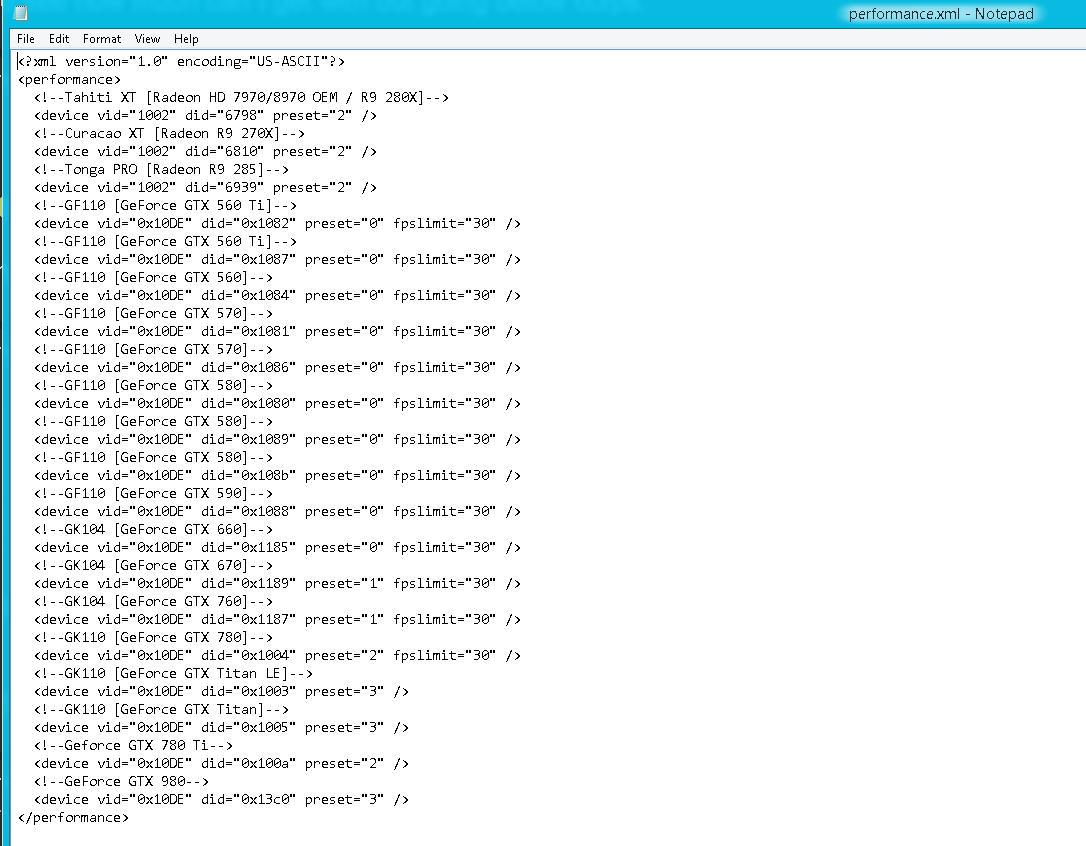HardOCP News
[H] News
- Joined
- Dec 31, 1969
- Messages
- 0
Controversy is brewing on the internet over NVIDIA's Gameworks program again. First it was Project CARS performance, now it is The Witcher 3. Head on over to Blue's for all the news.
Demanding source code access to all our cool technology is an attempt to deflect their performance issues. Giving away your IP, your source code, is uncommon for anyone in the industry, including middleware providers and game developers. Most of the time we optimize games based on binary builds, not source code.
![[H]ard|Forum](/styles/hardforum/xenforo/logo_dark.png)




